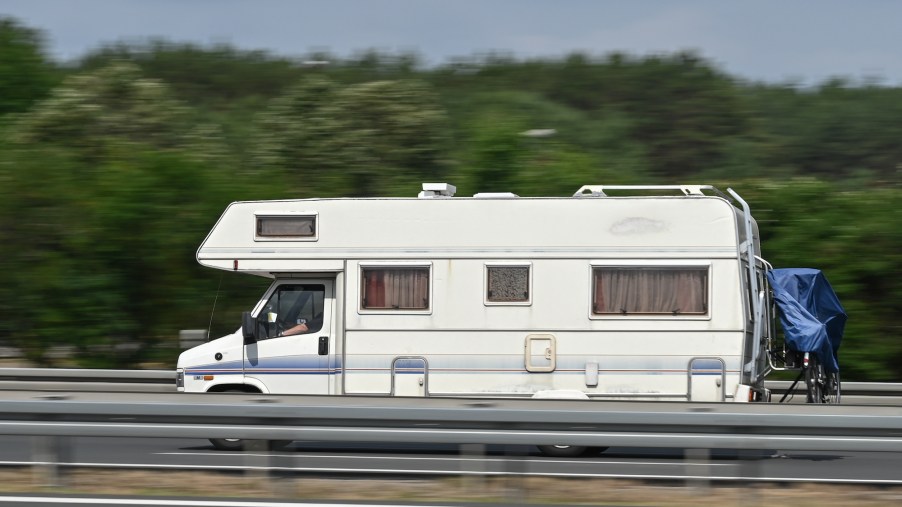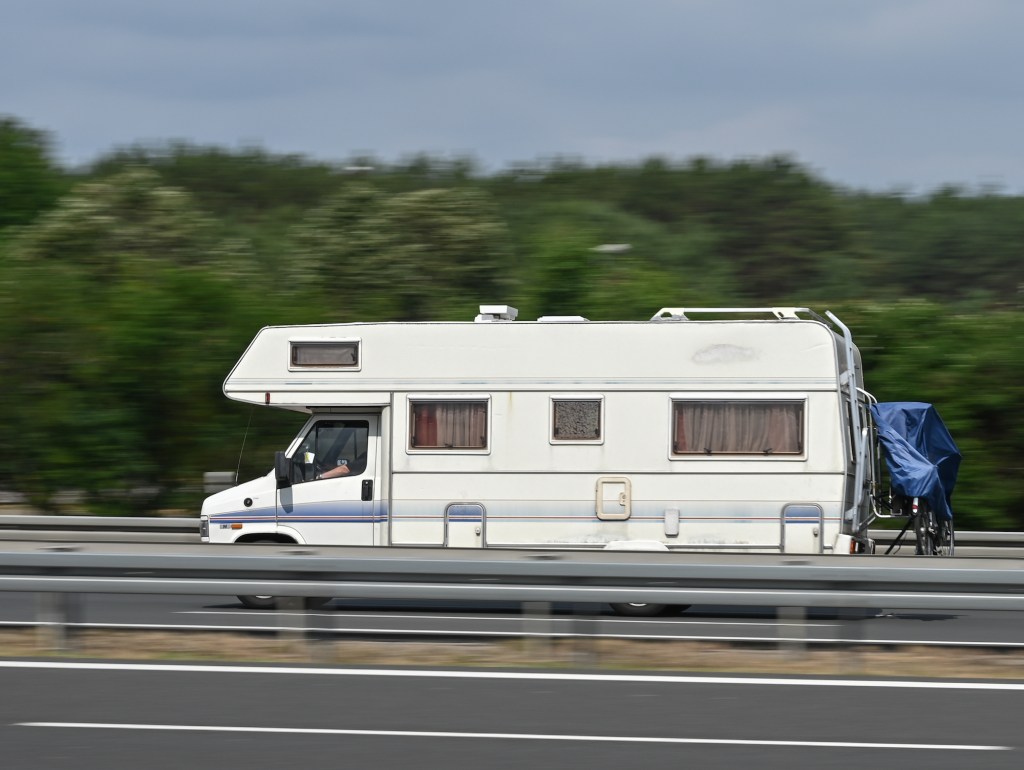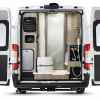
3 Things You Should Know Before Renting Out Your RV
In the wake of the pandemic, RV sales are at an all-time high. Travelers are hitting the road in record numbers. If you already own a camper, you’ve probably noticed the influx of visitors at your favorite campgrounds. Tourists are flocking to national parks, and reservations are hard to come by.
So maybe you’ve decided to sit the busy season out and are thinking of renting out your RV. But before you hand over the keys to your camper, know these three things.
1. Know your insurance policy

As an RV owner, you understand the importance of having a good insurance policy. Most insurance companies will not provide coverage for RV rentals. That means if the person driving your coach ends up in an accident, the damages will most likely not be covered.
Even worse, “if the problem occurs due to a flaw in your unit (such as can happen with tires that are too old), your renter can sue you,” Tough Nickel reports.
Finally, if the RV gets destroyed beyond repair and your insurer denies the claim, you still have to make payments to the bank, which will be a hard pill to swallow.
2. Consider how renters will drive and treat your RV
Driving an RV is very different from driving a car. There’s a learning curve involved as new drivers learn how to maneuver turns and get used to the extended length of a camper.
Most people interested in RV rentals are first-time motorhome drivers, so the risk of getting into an accident with your camper is higher than if you were to hand it over to an experienced driver.
You also have no idea how a person renting your vehicle will handle the routine maintenance. Despite giving them a walkthrough of the camper and telling them how everything works, there’s no guarantee they will perform these tasks.
RV toilets need to be maintained, gray water and black tanks emptied, and oil levels monitored in engines and generators. If these routine tasks are neglected, your RV could come back to you in need of costly repairs.
Cleanup costs can also be expensive if a renter doesn’t keep the RV tidy. Even if you prohibit pets and smoking, it’s still possible you’ll be trying to get these odors out of your beds and couches for quite some time.
3. Understand how to run a business
“Renting out your RV is very much a business,” Outdoorsy explains. Before deciding if RV rentals are a good fit for you and your family, you need to understand what it entails.
When renting out your RV, you’ll need to remove your personal items, which might be hard if you live in the coach full-time. You’ll also have to provide necessities such as pots and pans and bedding. Keep in mind that strangers will be using these items, making sanitization essential at the end of the rental period.
In addition, you’ll need to stay on top of market rates to be sure you’re charging a fair price for your rental. You’ll also have to be organized to schedule appointments and provide customer service to renters who may experience problems along the way.
Several reputable companies can help you obtain the proper insurance and list your RV rental on their sites, but their commission can be as much as 50% of the rental price.


